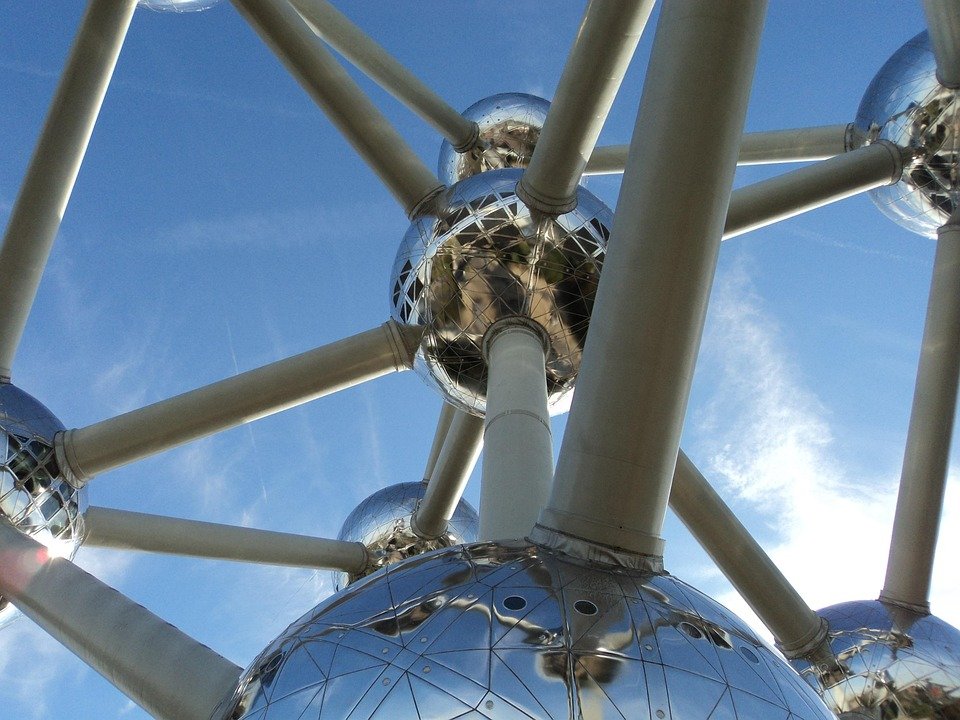Wondering when to go to Brussels without running into huge crowds or bad weather? That's a great question and one that really depends on what kind of experience you're looking for. Whether you're hoping to explore historical sites, enjoy delicious Belgian chocolate, or check out vibrant local events, the timing can make all the difference. From weather patterns and budget to local festivities, let's break it all down so you can find the ideal time to visit Brussels.
Overview of Brussels's Climate
Before we dive into the specifics, let's take a moment to chat about the overall climate in Brussels. Located in the heart of Europe, this charming city enjoys a temperate maritime climate. This means you'll find relatively mild winters and cool summers, but here's a twist: it can be rainy, especially in the spring and early fall.
Weather in Brussels
-
Winter (December-February): Expect average temperatures ranging from 0°C (32°F) to about 6°C (43°F). While it can be chilly, Brussels rarely sees heavy snowfall. It's relatively dry but you might experience some frosty mornings.
-
Spring (March-May): Springtime brings a welcome relief after winter, with temperatures ranging from 6°C (43°F) to 16°C (61°F). The city experiences a mix of sunshine and rain, making for lush, blooming scenery.
-
Summer (June-August): Summer in Brussels can be a delight, with temperatures averaging between 15°C (59°F) and 25°C (77°F). It's usually the driest season, but don't be surprised by a sudden shower!
- Fall (September-November): Temperatures fall again, ranging from 8°C (46°F) to about 18°C (64°F). The weather can be quite unpredictable, with cool breezes and rain.
By the time you're done reading this, you'll have a good idea of when to travel to Brussels based on your preferences!
Month-by-Month Breakdown
January-March: Winter Wonderland
Weather: Crisp and chilly, but mostly manageable. Snow can happen, but it's generally rare.
Events: The holiday season lingers with festive decorations early in January.
Pros: Fewer tourists mean you can enjoy popular sites like the Grand Place without the crowds.
Cons: Some attractions may have limited hours or be closed.
Best For: Budget travelers or those who revel in the quiet ambiance of winter.
April-June: Spring Awakening
Weather: Mild temperatures averaging 10°C (50°F) to 20°C (68°F) with occasional rain.
Events: The Brussels Flower Carpet Festival happens in mid-April and is not to be missed.
Pros: A beautiful time to explore the parks and gardens, and hotel rates may still be reasonable.
Cons: Variable weather, so be ready for both sunshine and sporadic rain.
Best For: Nature lovers and outdoor enthusiasts wanting to soak up the scenery.
July-August: Summer Thrills
Weather: Warm with averages between 15°C (59°F) to 25°C (77°F) and generally the driest period.
Events: The Brussels Summer Festival occurs mid-August, featuring incredible music from different genres.
Pros: Lots of events and outdoor activities, and perfect for sipping Belgian beer on patios.
Cons: It can get crowded as tourists flock to the city. Higher prices for hotels and attractions.
Best For: First-time visitors or culture seekers looking for lively experiences.
September-November: Fall Foliage
Weather: Temperatures drop from 20°C (68°F) in September to cooler 10°C (50°F) in November.
Events: The Brussels Beer Weekend kicks off in early September; a must for beer lovers!
Pros: Tourist crowds diminish, making it easier to explore. Fall foliage adds a beautiful touch to the landscape.
Cons: Rain becomes more frequent as you move toward November; pack accordingly.
Best For: Those who prefer quieter travels and local events.
Tips Based on Travel Style
Choosing the best time to visit Brussels can depend on your travel style. Here are some tailored recommendations:
-
For Budget Travelers: Late fall (November) and winter (January) are prime times for cheaper accommodations and less tourist traffic. You'll find great deals and still enjoy the charm of the city.
-
For Avoiding Crowds: March is a lesser-known gem, with fewer tourists around. You'll have many attractions to yourself, perfect for an intimate experience.
-
For Outdoor Activities & Cultural Events: Summer (July-August) is when the city comes alive with festivals and events, ideal for those who enjoy a vibrant and lively atmosphere.
- For Romantic Getaways: Consider late spring (May) or early fall (September) when the weather is lovely, the gardens are in bloom, and the city's ambiance is just right for a romantic stroll.
It really makes a difference when you plan your trip around your preferences because the ideal time to visit Brussels changes based on what you hope to experience.
Sometimes travelers love March for its serene vibe and early blooming flowers, while others may prefer August for the lively festivals.
FAQ
Is January a good time to visit Brussels?
Yes, if you're looking for fewer crowds and lower prices! Just bundle up to enjoy the sights.
When is the rainy season in Brussels?
The rainy season tends to hover around April to September, but it's not unusual for rain to pop up at any time.
What’s the cheapest time to visit Brussels?
Winter months, especially January and February, can offer the best deals.
What’s the peak season in Brussels?
Summer (June-August) is peak season, attracting tourists eager for warm weather and bustling events.
In the end, your experience will greatly depend on what you're looking for. Whether it's the quiet charm of winter, the lively festivals in summer, or the blossoming beauty of spring, Brussels has something to offer year-round. Happy planning, and enjoy your trip to this stunning city!








